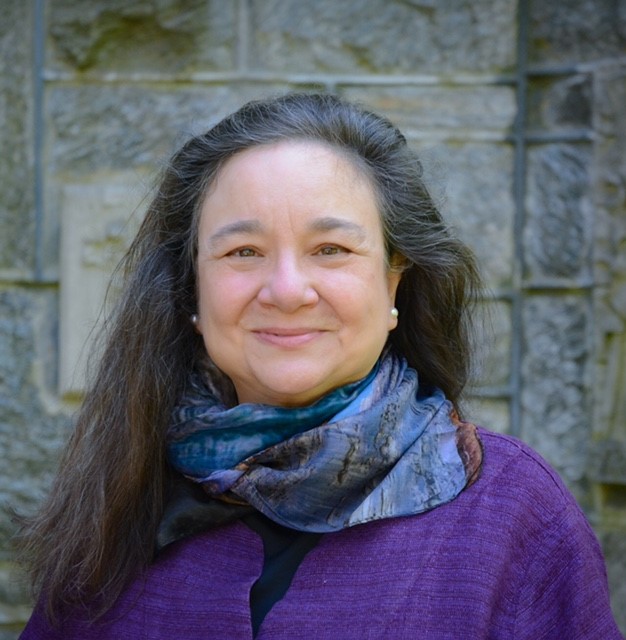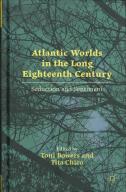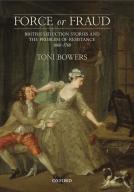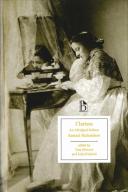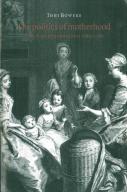Toni Bowers
Professor
(Ph.D. Stanford University)
I retired in July, 2024, after 33 years as a member of the standing faculty in Penn's English Department. Because I love working with students, I have chosen to continue teaching undergraduate and graduate courses at Penn and elsewhere. My title remains "Professor of English."
I'll be teaching a new graduate course, "How to Read Poetry," in Penn's Master of Liberal Arts program in Fall, 2025.
My new edition of Richardson's Pamela (1740), co-edited with Professor Albert Rivero (Marquette University), is currently complete and in production at Broadview Press. Pamela, as my students know, was one of the most influential literary works in Europe during the eighteenth century. Silently abridged versions abound to this day, but the new Broadview edition will be the first edition of the entire novel in more than a century.
Now I am editing for publication two previously unpublished memoirs by colleagues of actor and filmmaker Charlie Chaplin. Each vividly presents facets of Chaplin's personality and artistic processes. With assistance from Penn graduate student Peter Diamond and Penn undergraduate Aubrey Chenxi Shi, I have completed the digitalization of both memoirs. I expect to complete the editing and annotations in late 2026.
I recently recorded a selection of lyric poetry by women for PennSound Classics at Kelly Writers House. You can find a link to the free recordings at the end of this short article: https://jacket2.org/article/crucial-poetic-imaginations
A representative selection of my publications, course teaching, and doctoral advising appears on this page. For more about my published books, articles, teaching, and professional service, please see the Curriculum Vitae (CV) linked above.

 Department of English
Department of English
